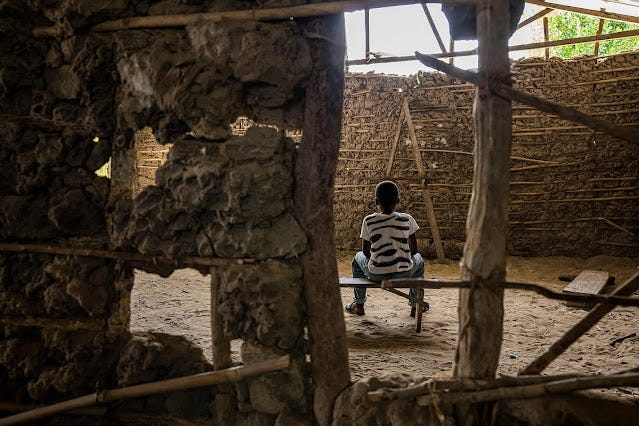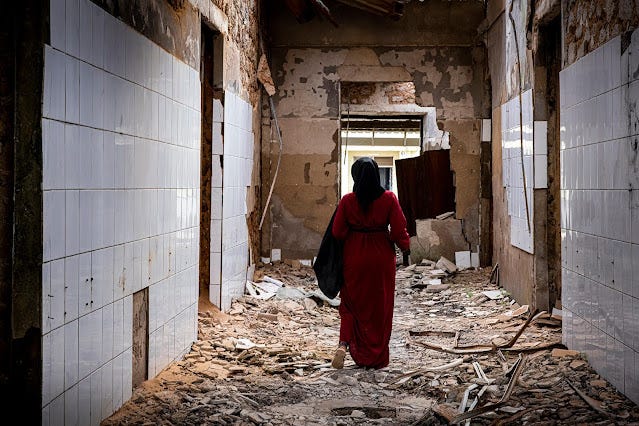REBUILDING MOCÍMBOA DA PRAIA: OVERCOMING CHALLENGES AND HAUNTING MEMORIES
Residents return to face devastation in the wake of violent conflict in Cabo Delgado, Mozambique.
Description: The challenges faced by returnees to Mocímboa da Praia, highlighting the urgent needs and the tireless efforts of organizations like MSF to provide aid amidst the ruins.
Photo source: MSF
Mocímboa da Praia Faces Daunting Rebuilding Task After Conflict
In the aftermath of the ongoing conflict in Cabo Delgado, northern Mozambique, Mocímboa da Praia, a coastal town, stands as a testament to both the resilience of its people and the devastation left behind by violence.
Key Highlights:
Returnees Confront Destruction: As families return after years of displacement, they encounter a town in ruins. Most public infrastructure, including schools, hospitals, and water systems, has been obliterated.
Ongoing Security Concerns: Despite improvements in the security situation, fears of potential attacks persist, hampering people's efforts to rebuild their lives.
Urgent Needs: Among the most pressing necessities are food, water, shelter, healthcare, and education. Médecins Sans Frontières (MSF) remains one of the few organizations offering assistance.
Mental Health Crisis: The traumas of the conflict continue to haunt returnees, with many having witnessed or experienced unspeakable violence.
The History of Conflict
The first attacks in Cabo Delgado began in Mocímboa da Praia in 2017, escalating in severity until 2020 when a non-state armed group seized the town. By August 2021, a joint effort by Mozambican and Rwandese armed forces reclaimed the area. The improved security situation has since prompted the return of approximately 176,000 displaced residents, as per UN figures.
Photo Source: MSF
Struggles of the Returnees
On their return, residents have faced the harsh reality of a destroyed town and the challenge of starting from scratch. With limited job prospects, many are dependent on humanitarian aid. Concerns about potential attacks further hinder their attempts to eke out a living.
Essential Aid and Support
Mocímboa's returnees urgently need food, clean water, shelter, healthcare, and education. The destruction of health infrastructure requires swift reconstruction to ensure healthcare access. MSF has been pivotal in providing medical assistance, but more help is needed.
Despite some humanitarian efforts and community solidarity, food remains scarce. The destroyed water network has left only 23 of 102 public water sources functional, straining the already limited resources and raising concerns about water-borne diseases.
The Mental Health Toll
The scars of conflict are not just physical. Many returnees are grappling with the traumas of violence, having witnessed or experienced atrocities. MSF reports that over half of their mental health patients cite separation or loss as a precipitating event, with 19% being direct victims of violence.
MSF's Response
Médecins Sans Frontières remains active in the region, offering a range of healthcare services. Their efforts range from treating diseases like malaria to providing sexual and reproductive healthcare and supporting mental health. MSF teams are also working to rehabilitate health structures and improve water access.
Source: ReliefWeb. (2023, September 14). Six things to know about the destruction of Mocímboa da Praia. Retrieved from https://reliefweb.int/report/mozambique/six-things-know-about-destruction-mocimboa-da-praia





